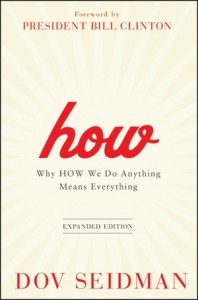social contract

IN THE PAST 20 years, the world has witnessed the death of social contracts. We have seen a significant breakdown in trust between citizens, their economies, and their governments. In our own country, we can point to years of data painting a bleak picture of the confidence Americans have in any of our traditional institutions.
Former assumptions and shared notions about fairness, agreements, reciprocity, social values, and expected futures have all but disappeared. The collapse of financial structures and the economic crisis that followed not only caused instability, insecurity, and human pain; they have also produced a growing doubt and basic distrust in the way the system functions and how decisions are made.
This year, at the World Economic Forum in Davos, Switzerland, we looked to the future and asked, "what now?" At a key session—"The Moral Economy: From Social Contract to Social Covenant"—a document was announced that kicks off a year-long global conversation about a new "social covenant" between citizens, governments, and businesses.
It is really a call for worldwide discussion about what values are needed to address the many difficult challenges the world is now facing. Inequality, austerity, retrenchment, maldistribution, conflicts over resources, and extreme poverty all raise questions about our values.
